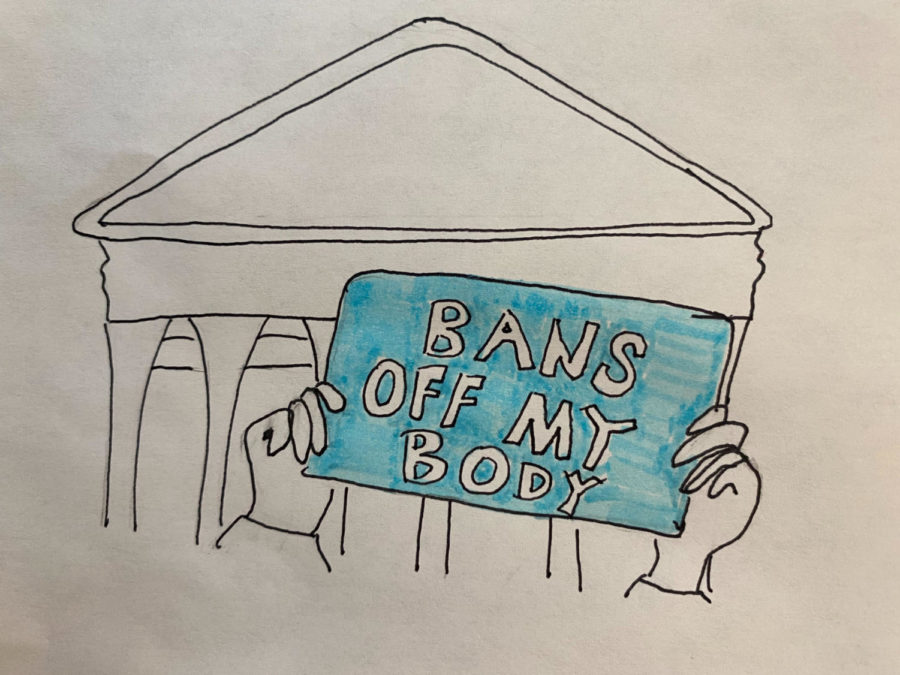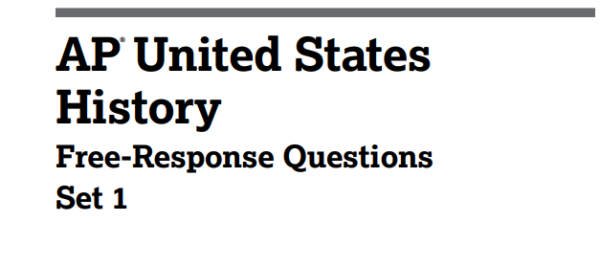Public cervix announcement
The overturning of Roe v. Wade should matter to everyone
It’s been a little over two months since the Supreme Court ruled in Dobbs v. Jackson that states could regulate abortion access. This decision overturned previous decisions in Roe v. Wade and Planned Parenthood v. Casey, which previously secured a right to abortion.
On June 24, 2022, the announcement hit phone screens. Many people were distraught, frantic and angry. But in the months since the ruling, the feeling of outrage at Jones has dulled.
The topic is simply not trending anymore and has died down as other issues in American politics take the headlines. However, now more than ever, students should be aware of the issue, even as residents of a state where abortions haven’t been limited, our right to an abortion isn’t secured.
The question of abortion is now one for the states, adding more importance to the 2022 midterm elections. In Congress, Lindsey Graham’s proposal to ban most abortions after 15 weeks nationwide is looming. Although this is unlikely to pass with Democrats’ slim majority, it does reflect an argument that will be greatly influential in the upcoming midterm elections. States will now be able to either offer stronger legal grounds for protecting abortion or significantly reduce access to it and this decision will depend on future elections, whether it’s through referendums or based on elected officials. While Illinois is unlikely to significantly change the way it votes, we do have large areas of conservative leaning citizens and officials who will play a role in access to abortion. Illinois has historically been a swing state leaning towards the Republican Party until it became blue starting in 1992. So it wouldn’t be unrealistic to think that, as polarization in politics increases, Illinois risks losing it’s right to abortions through elections.
The reasoning that the 14th Amendment does not confer the right to an abortion was used to overturn Roe v. Wade can also be used to overturn other constitutional rights. Rights to same-sex marriage, interracial marriage and birth control run the risk of being overturned like Roe. If rights like these were to fall there would be agonizing effects across the country. If the Supreme Court of the United States (SCOTUS) continues to roll-back 14th Amendment backed rights, it will be up to the states to further dictate the rights of its citizens. This connects to how states make decisions on these matters will heavily depend on its political standing at the moment, thus leaving the rights unstable.
The overturning of Roe v. Wade will also have lasting economic effects. According to the National Women’s Law Center, there are 656,000 fewer women in the workforce than there were pre-pandemic, and this number will only increase with the overturning of Roe v Wade. This increase is due to the pay gap, motherhood penalty, lack of affordable childcare and lack of national paid leave policy. Ultimately, fewer women will be able to work, which will result in decreased workforce participation and a negative impact on children’s financial well-being. These things matter, as our economy will be hurt by the lack of participation and children will have fewer opportunities due to unstable financial circumstances. All states share a national economy that has already felt the effects of the pandemic and a future that is in the hands of the children.
The overturning of Roe v. Wade is a national issue, not just in the states that have restrictions on abortion. We are not safe from our rights being stripped from us. We cannot avoid the fact that we have fewer rights than our mothers before us. Students can find ways to participate in democracy even if they’re unable to vote: find protests, write letters, make your voice be heard. What we must do is to keep talking about it. After all, silence is conformity.







